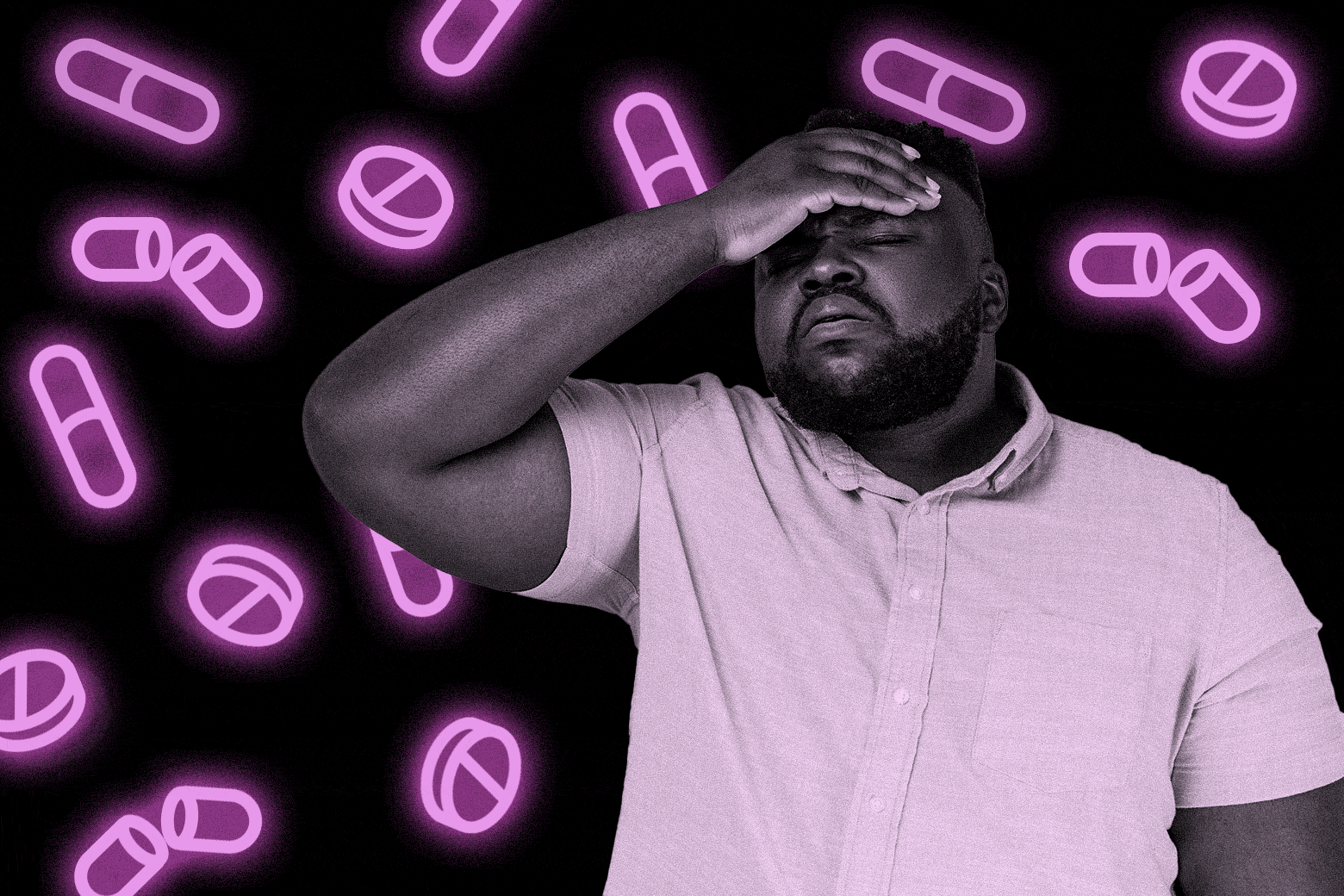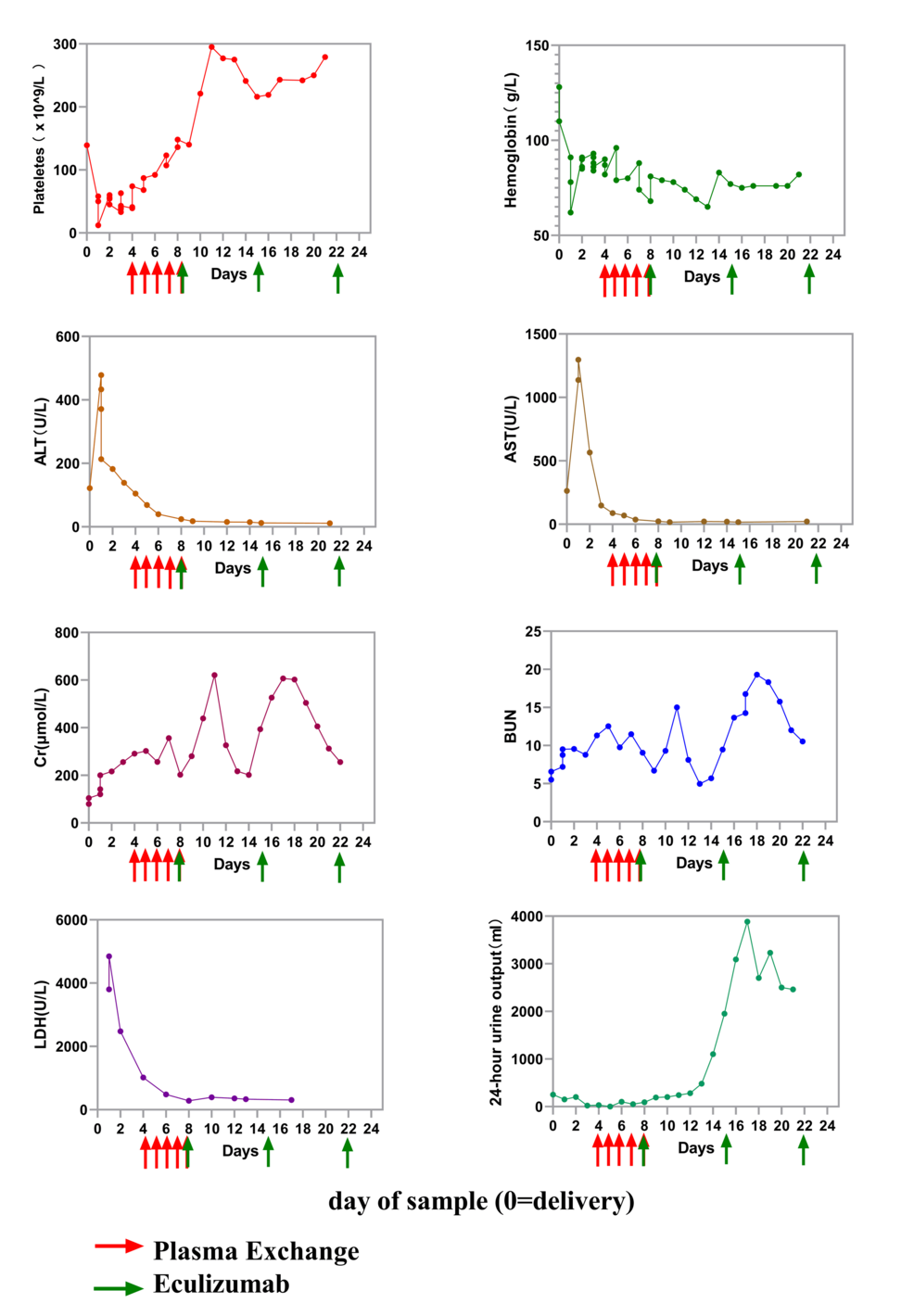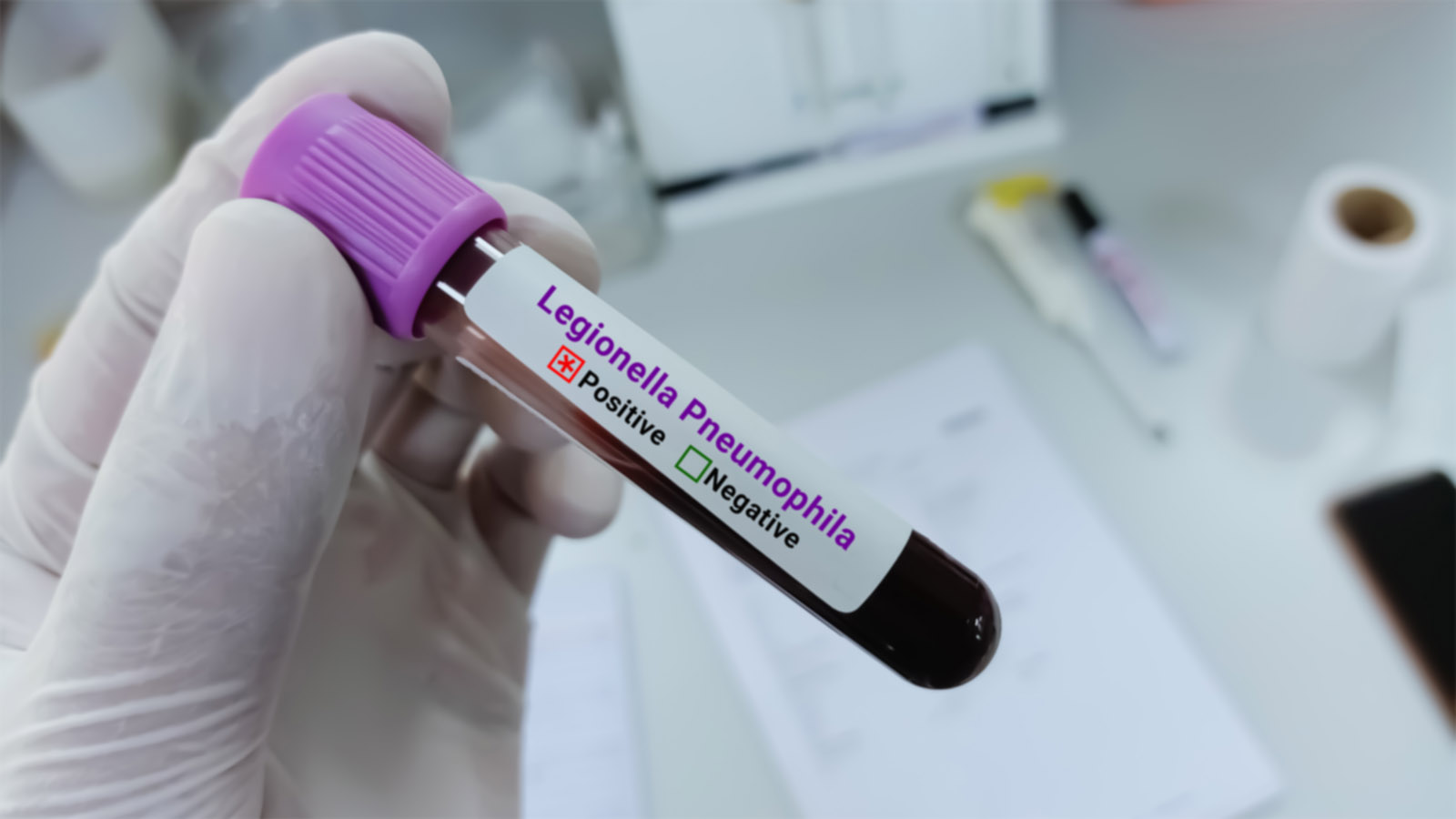Navigating Guilt and Intimacy After Weight Loss: A Reader's Dilemma

In the latest installment of Slate's sex advice column, 'How to Do It,' the complexities of intimacy, guilt, and mental health take center stage. The letter, penned by an anonymous reader who identifies as 'Picking Up the Pieces,' outlines a challenging situation involving a girlfriend who has experienced significant weight loss during a tumultuous period in their relationship.
The writer explains how their chronic illness led to a drastic medication change that triggered severe mental health side effects. During this difficult time, they became paranoid, abruptly ended their relationship, and inadvertently caused emotional damage. After a harrowing two-month period during which they lost touch with their reality, the writer sought help and worked to rebuild their life and relationship. Although their girlfriend welcomed them back, the lingering effects of their previous turmoil remain palpable, especially during intimate moments.
As the couple tries to reconnect, the writer expresses feelings of guilt as they notice their girlfriend’s new appearance, characterized by hollow cheeks and prominent bones, which starkly contrasts her former curvy figure. This change, they believe, is a physical manifestation of the emotional turmoil caused by their illness. Concerned about how these changes affect their sexual relationship, the writer feels awkward bringing the subject into the open, despite their girlfriend's struggles with her slow weight regain.
The advice columnists, Rich Juzwiak and Jessica Stoya, delve into the nuances of guilt and responsibility. They emphasize that while the writer’s actions significantly impacted their girlfriend's life, attributing her weight loss solely to their behavior may be egocentric. Stoya suggests that external factors beyond the writer's control could also contribute to their girlfriend's health changes, and she encourages her to seek medical advice to ensure there are no underlying health issues.
As the discussion unfolds, both columnists stress the importance of open communication. They advise the writer to explore the girlfriend’s feelings regarding her weight and the pressures she may face regarding health norms set by medical professionals. They caution against assuming that the girlfriend's weight loss is entirely the writer's doing, suggesting that she may also have her own goals and desires for her body.
In addressing the writer’s concerns about their sexual life, they recommend a fresh perspective on intimacy, emphasizing that physical connection does not have to hinge solely on traditional expectations of sex. They suggest the use of aids like cock rings or medications to alleviate anxiety surrounding erectile dysfunction, which may be exacerbated by the weight of guilt and past trauma.
The columnists conclude by encouraging the writer to be kind to themselves, reminding them that healing is a process that takes time. They suggest that the couple should prioritize rebuilding their emotional connection, as confronting these issues will ultimately lead to healthier intimacy. By fostering a supportive environment, both partners can navigate this journey together, allowing for a more fulfilling relationship moving forward.



















